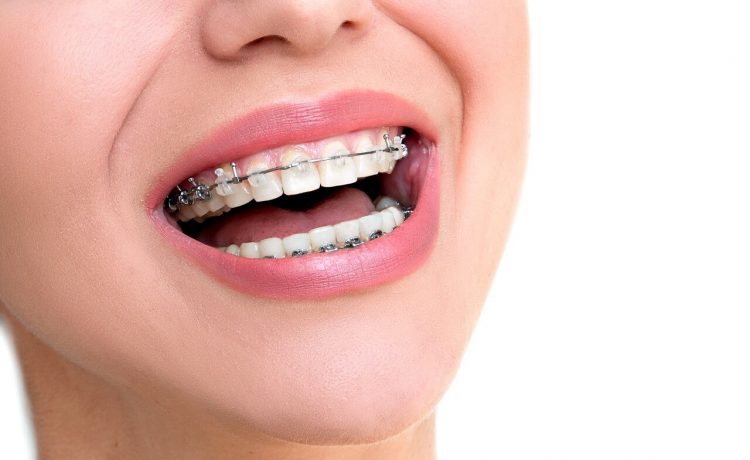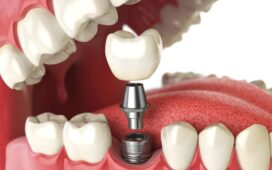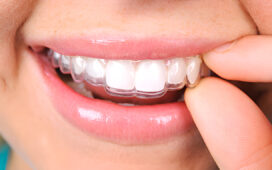Unhealthy oral habits lead to gum disease, which left untreated progresses to periodontal disease. It is a degenerative disorder that causes gum inflammation, bone involvement, and tooth loss.
Fortunately, there are several effective treatments available to prevent the disease’s progression. Pocket irrigation is one such procedure that is routinely performed by Memphis, TN dentist, and team.
Introduction to pocket irrigation
Pocket irrigation is a dental treatment to eliminate the dirt, debris, and plaque accumulated interdentally (spaces between the teeth), and subgingivally (between your teeth and the gum line).
When gum disease progresses into periodontal disease, small gingival pockets are formed that harbor bacteria and plaque. These worsen the condition and make the infection more severe.
The tool used for the treatment is called a pocket irrigator.
Pocket irrigation can benefit in several ways
Pocket irrigation is a common dental procedure performed for several preventive purposes.
The following benefits make this procedure versatile:
Subgingival cleaning
Pocket irrigators have rounded end tips, preventing damage to the soft tissue below the gum line. The bacteria, plaque, and toxins can be effectively flushed out subgingivally.
Interdental cleaning
The interdental gum tissues remain healthy since the pocket irrigators can eliminate the plaque and debris from between the teeth.
Preventing halitosis (bad breath)
Bad breath or halitosis could result due to tooth decay or food particles between the teeth. Regular brushes or dental scrapers alone cannot reach the depths of the gum pockets. This is possible through powerful yet gentle water jets that flush out foreign particles.
Antimicrobial application
Antimicrobial agents can be used in combination with water jets or used alone, which can prevent or kill some strains of harmful oral bacteria.
Pocket irrigation is usually performed in combination with other dental procedures
Pocket irrigation is usually performed as a part of professional dental cleaning or along with surgical procedures like pocket reduction surgery.
Used with the deep cleaning procedure
- Your dentist will use a pocket irrigator after routine scaling and root planing to cleanse the pockets.
- An antimicrobial agent may be applied to reduce subgingival oral bacteria.
Used in combination with pocket reduction surgery
- Your dentist will eliminate tar and subgingival plaque with special scaling and root planing instruments.
- An antimicrobial agent will be applied through an oral irrigator to eliminate any remaining subgingival bacteria.
Used at home
- Your dentist can recommend pocket irrigation at home as a part of your daily routine using a water jet or water pick.
- This is considered less harmful than dental flossing.
If gum disease spreads, it always leads to tooth loss. But regular dental visits can help prevent this through procedures such as pocket irrigation that help curb oral bacteria.
















